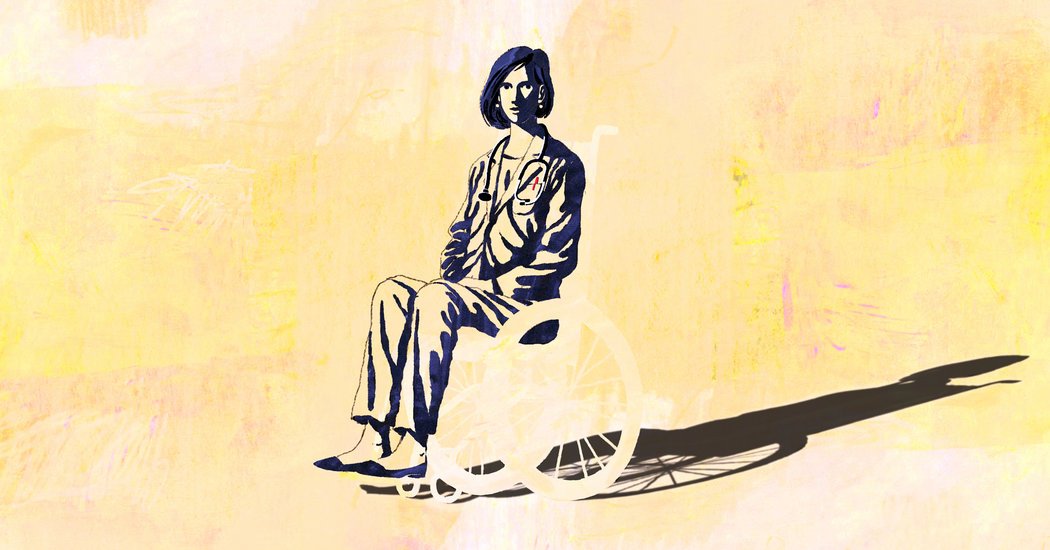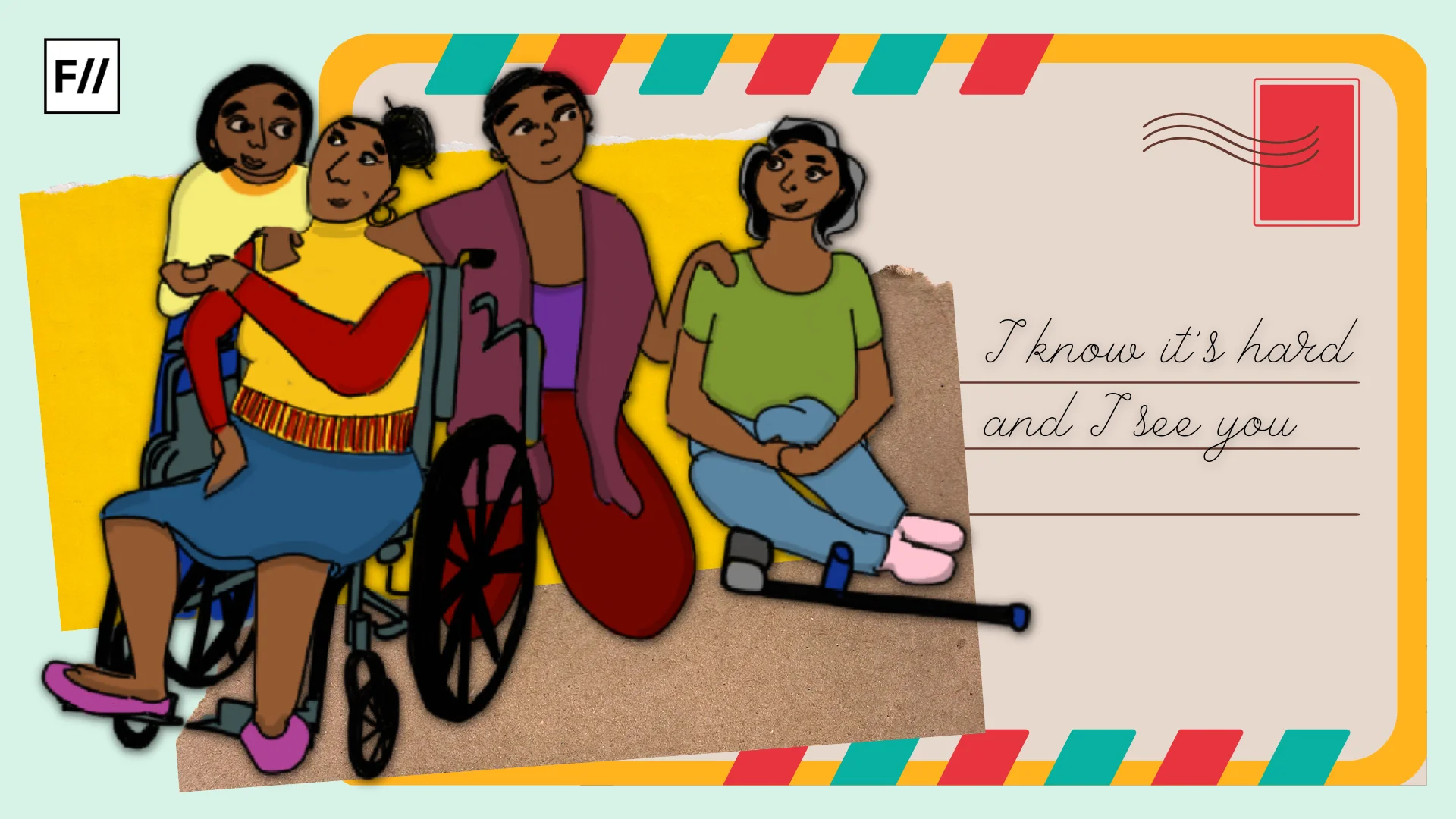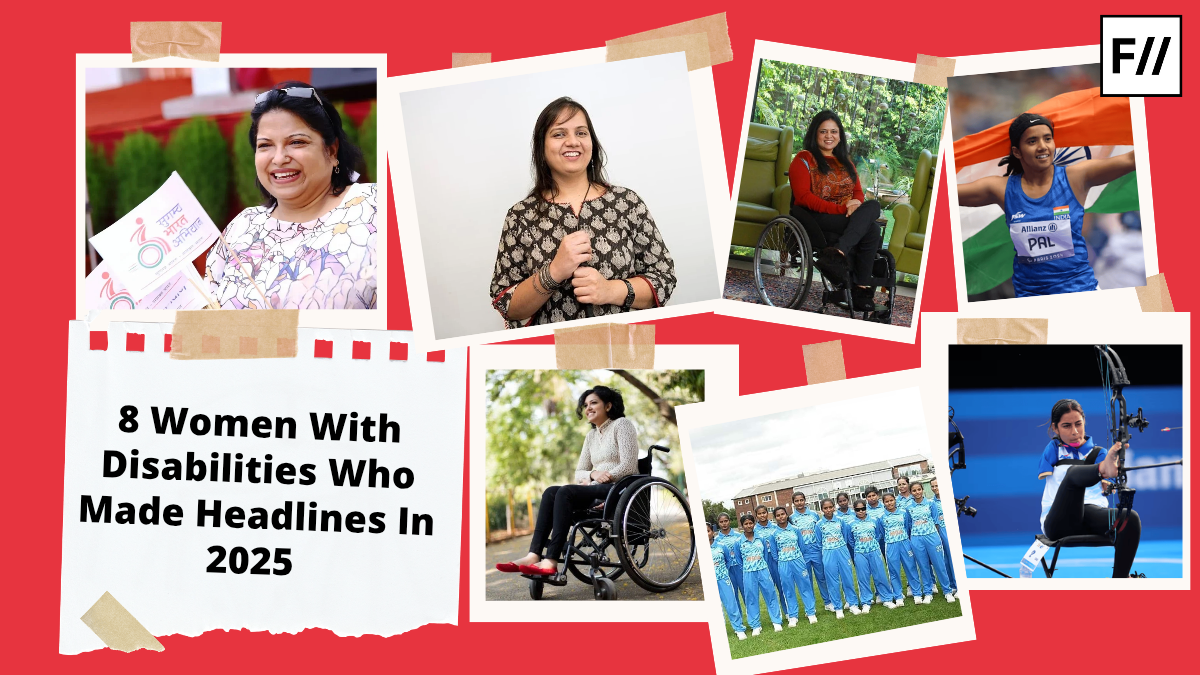This summer is a summer of hope. A new federal government will soon take over to implement the mandate of the people. Yet far from the grind of elections, the voice of more than 90 million Indian citizens is bound to drown as the chatter of hard politicking articulates welfare policies in the next 5 years.
Nobody knows this better than the rare disease community which faces an enormous challenge. Rare diseases are usually genetic, and take only some people in a population ill. Even as these affect a relatively small group, as per a widely accepted official estimate, 70-90 million Indians have one of the 450 rare diseases reported in the country. Being rare is a life-altering event, the nuances of which I explore in India’s first podcast on people with rare medical conditions, 1 in 20,000, produced by Suno India.
Our public system is not structured to meet the needs of people who are different from the norm in body and abilities.
Most known rare diseases are incurable and can lead to disabilities. India is struggling to meet basic necessities on public health such as operational village-level government centres for commonplace illnesses let alone being able to offer advanced treatment options at the rural level. Chronic symptoms compel patients with rare medical conditions to access urgent, advanced and usually costly care running into lakhs of rupees most available in specialised hospitals. It can take years for a patient to receive the correct diagnosis. In the interim, they and their loved ones will make countless visits to anybody who can offer an explanation of their symptoms, only to be provided with the placebo of interim relief or unscientific treatments.
Also read: In Conversation With Shampa Sengupta About Disability Rights
If medical care options are so low in the country, how can a patient’s quality of life be high? How can they fully participate in family and societal life, and realise their rights to life and living with dignity guaranteed to all Indians under our Constitution? Consider this fact: a whopping 50% of new cases are in children life journey, a slew of challenges await them which their peers will not face in public schooling, at universities, while using public transport or wanting gainful jobs. Our public system is not structured to meet the needs of people who are different from the norm in body and abilities. This is why many people with rare medical conditions are locked away from treatment options, educational and employment opportunities even after seven decades of the country’s freedom.
There is an urgent need to look at the ability in people with disabilities, in spite of their circumstantial limitations or gender.
The tide of these external circumstances makes every day life difficult. They seep into the personal space where gender notions play heavily on the minds of people with rare conditions who are reduced to stereotypes – are identified as the disabled. An episode in the podcast series is telling in this respect; a conversation with a man who has muscular dystrophy causing him to use a wheelchair. He built his life on the back of failing health and a family that looked to him for support since he was the eldest son, as is customary in many Indian families. He married an able bodied person, but the match defied entrenched notions of a desirable couple, leading him to question what “goodness” she saw in him. Interabled couples are often treated as one-off miracles to be in awe of, but he could not have provided for himself or his family had it not been the opportunities he was able to avail albeit through private means. Perhaps the same can be said for his sister, who has been recognised for her outstanding social contribution by the President of India. Gender did not hold them back because they had the chances to break free.
The examples can help bring clarity in thought and action.
There is an urgent need to look at the ability in people with disabilities, in spite of their circumstantial limitations or gender. This requires incorporating all aspects of a patient’s public life in the planning process. Matters related to health, for instance, are under the purview of states, yet only a handful of states and Union Territories implement policies with clear mandates serving patients. Among them, Karnataka is a leader in offering much-needed diagnostic services and treatment for two adult-onset rare diseases. The Union government promised a corpus of Rs 100 crore for patients only to cancel it this year for want of proper policy rationale. A national-level policy for the treatment of rare disease patients has already been withdrawn and is being reworked. Official consensus on the definition of rare diseases does not exist.
India’s strategy on rare medical conditions at the national and state-levels thus far appears piecemeal and reactive to public scrutiny.
Also read: In Conversation With Virali Modi: Shattering Stereotypes Of Disability
We are at a political moment wherein a new Union government can mandate measures through its own welfare schemes that ably support patients and their families in the coming 5 years. They can bring states together for effective action on low hanging fruits. A comprehensive and visionary public policy on this matter, implemented with heart, is the need of the hour. In the long-term, it will catalyse the transition to a public system which values diversity, embraces the difference in human bodies and abilities. Isn’t this something worth seeing?
Avantika Shrivastava is a Delhi-based strategic communications professional and a person with a rare medical condition. She has worked extensively on issues related to humanitarian interventions, public policy and disability. Avantika has been a Global Development Academy Masters Scholar at the University of Edinburgh, and a Global Thinkers Forum mentee.
Featured Image Source: The New York Times




